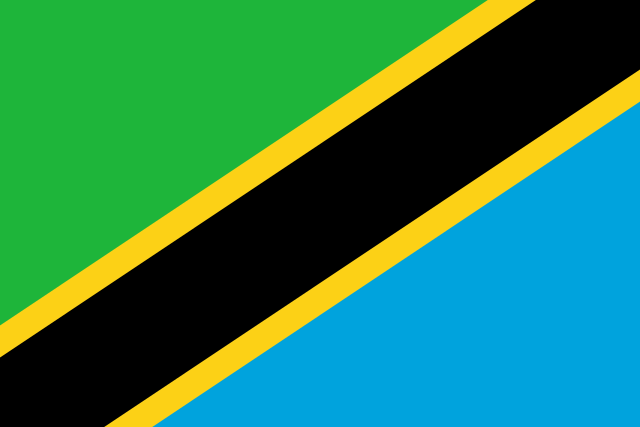Skip to Main Content
Tanzania



Disability Definition
“Disability” in relation to an individual means loss or limitation of opportunities to take part in the normal life of the community on an equal level with others due to physical, mental or social factors;“Person with disability” means a person with a physical, intellectual, sensory or mental impairment and whose functional capacity is limited by encountering attitudinal, environmental and institutional barriers.Reference: The Persons with Disabilities Act, 2010
Legislation
The Persons with Disabilities Act 2010: “An Act to make provisions for the health care, social support, accessibility, rehabilitation, education and vocational training, communication, employment or work protection and promotion of basic rights for the persons with disabilities and to provide for related matters.”1977 Constitution, Paragraph 44: A person with disabilities has the right to:
- be respected, recognized and treated in a way which does not lower his dignity;
- an education through special equipment and participate in social affairs;
- have infrastructure and environment which allow him to go wherever he pleases, use transport facilities and get information;
- use sign languages, written language by the aid of special machines or other methods that are appropriate;
- learn with persons without disabilities; and
- get a job and contest leadership posts in various sectors.
Employer Legal Requirements
Disabled Persons (Employment) Act in 1982: This act established a quota system requiring that 2 per cent of the workforce in companies with more than 50 employees must be persons with disabilities.In 2010, the act was updated and article 31 “requires employers to hire and maintain the employment of people with disabilities and establishes a work force quota under which every employer with a work force of 20 or more individuals must employ persons with disabilities at a rate of at least 3% of the employer’s total workforce.”The Persons with Disabilities Act of 2010 states that it shall be a duty of every employer to:
- Take all necessary measures to improve work environment to prevent injuries and impairment;
- Provide job accomidation and provision of working tools;
- Ensure safe and healthy working conditions for all employees with disabilities;
- Protect employees with disabilities to exercise their labour and trade union rights in accordanve with any relevant laws; and
- Enable employed persons with disabilities to have effective access to general, technical and vocational guidanve and continuing training for their carrier and advancement.
The Minister shall ensure –
- The promotion of employment for persons with disabilities by applying affirmative action treatment;
- Job retention and return to work for any employee who has obtained disability in a workplace; and
- Reasonable changes is provided to persons with disabilities in the work place.
Accessibility Requirements
The Persons with Disabilities Act of 2010 defines accessibility as “enabling or allowing a person with disability to havre access directly or indirectly to benefits of public social services in all spheres of society and it includes access to information, communication and physical environment such as tactile and sign language, interpretation for deaf and deaf blind persons, audio tapes, braille, large print, low vision facilities, computerized information and programmes and making physical environment in buildings, public transport, roads and streets accessibile for persons with disabilities.”More information on accessibility found in the Persons of Disabilities Act of 2010.
Cultural Norms
Insights
Across Tanzania, over 3.3 million people live with a disability. Women have higher disability rates with 7.8% of the country’s total population estimated to be women with disabilities vs. 5.7% men.Reference: UN Women in Africa
